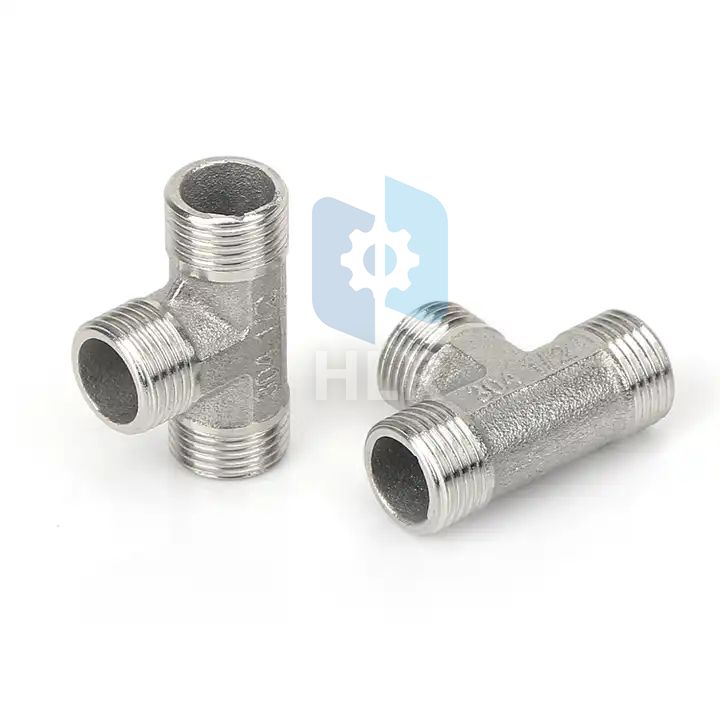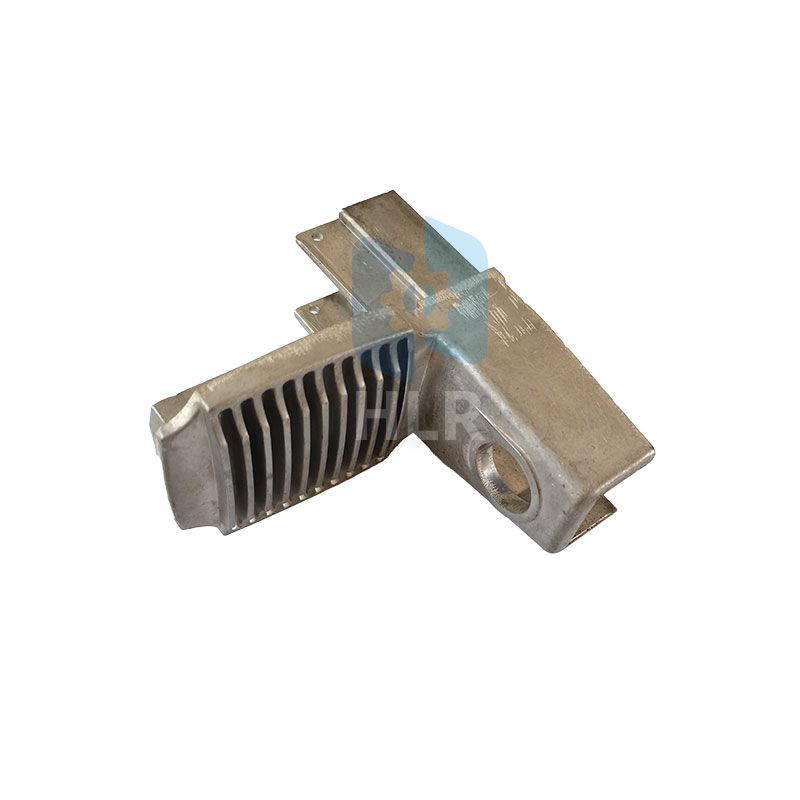
In the field of high-end equipment manufacturing, the precision of parts is the core indicator for measuring product quality and performance. From the turbine blades of aerospace engines to the micro-joints of medical devices, micron-level precision differences may directly affect the safety and reliability of the equipment. Facing the industry's continuous pursuit of higher precision, Hanlinrui has opened up a new path for improving the precision of precision casting through the collaborative breakthroughs of material innovation, process optimization and intelligent detection.
The first breakthrough is the "fine-tuning" of the material formula to unleash the potential for precision. In traditional precision casting, the shrinkage rate and fluidity fluctuations of the molten metal are the main causes of precision deviations. Hanlinrui's R&D team developed a "low shrinkage - high wettability" alloy formula through thousands of experiments. Take a certain aviation part as an example. The new formula has reduced the shrinkage rate of the casting from 0.8% to 0.3%. Combined with the customized gating system design, the key dimensional tolerance has been reduced from ±0.05 millimeters to ±0.02 millimeters, reaching the leading level of similar international products.

The second breakthrough was the digital process chain "locking in" precision fluctuations, with the aim of addressing the impact of human operation on precision. Hanlinrui established a digital closed-loop system from mold design to post-processing.
3D printing sand core precision control: High-precision industrial-grade 3D printing equipment is adopted, and the size error of the sand core is controlled within ±0.03 millimeters, which is 40% higher than the traditional process.
Real-time smelting monitoring: By interlocking the spectrometer with the temperature sensor, it ensures that the fluctuation of the metal liquid composition is ≤0.5% and the temperature stability is ±5℃.
Intelligent heat treatment compensation: Based on the finite element simulation model, it automatically adjusts heat treatment parameters to eliminate the influence of residual stress on dimensional accuracy.
A customer of new energy vehicles reported that after adopting Hanlinrui's digital process, the coaxiality error of the motor housing was reduced from 0.08 millimeters to 0.03 millimeters, and the assembly efficiency was increased by 30%.

The third breakthrough is the advancement of AI technology, achieving zero defects with the "sharp eyes" of quality inspection. In the accuracy verification stage, Hanlinrui introduced an AI visual inspection system. Through deep learning algorithms, a defect feature library was established, which can identify defects such as cracks and pores at the 0.01 millimeter level. The system is linked with the CNC machining center to automatically trigger the rework process for non-conforming products, increasing the one-time pass rate of products from 92% to 98.5%. A certain semiconductor equipment part delivered recently has been fully inspected by the customer and confirmed to meet the tolerance requirement of 0.015 millimeters 100%.
At present, Hanlinrui's precision improvement technology has been applied in 12 fields including aerospace, semiconductor equipment, and medical devices. In a certain satellite propulsion system project, the company reduced the flow consistency error of the nozzle assembly from ±3% to ±1% by optimizing the casting process and heat treatment curve, helping the customer's product pass the international space agency certification.
"Improving precision is not only a technical issue but also a systematic engineering project." " Hanlinrui, the technical director, stated, "In the future, we will continue to invest in the Materials Genome Project and digital twin technology to drive the precision of precision casting towards the nanometer level."
Tel: +86-15275240027
Email: sandra@hlrmachining.com
Website: www.hlrmachining.com